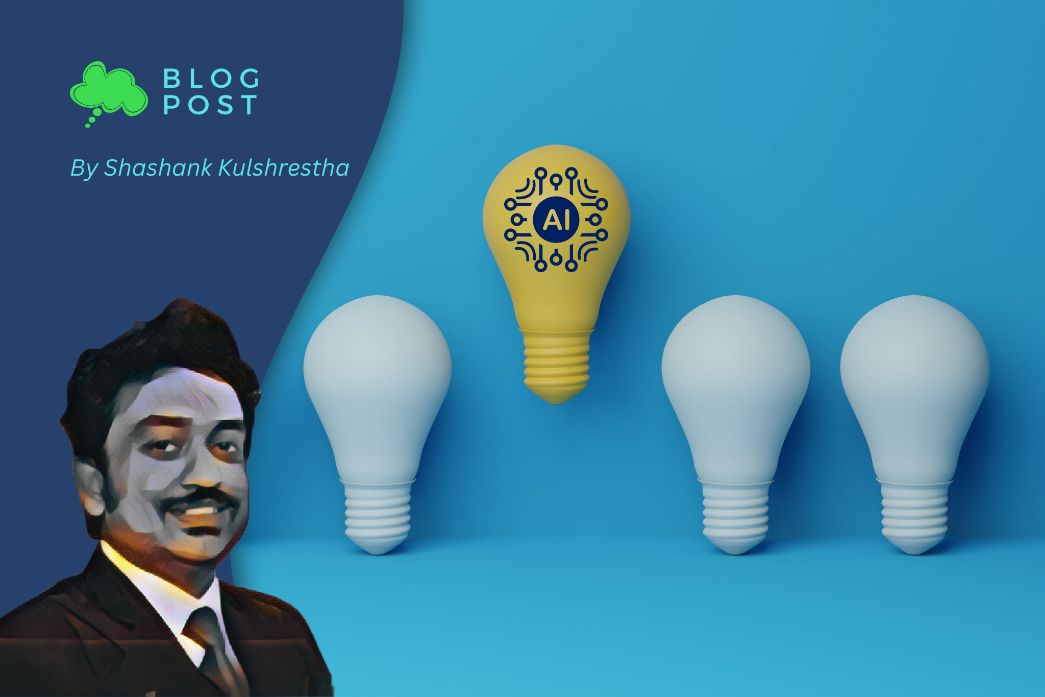Will AI impact your job?
Posted by | Shiv Nayyar
Highlights from the Collision Conference
Collision Conference 2023 was a four-day event that brought together more than 600 speakers, thousands of entrepreneurs, investors, media, and tech enthusiasts from around the world. The conference featured speakers from some of the most innovative companies and organizations, such as Google, Shopify, Roblox, and GitHub. Here are some of the key takeaways from the conference:
There were thousands of startups from each sector and most of them were utilizing AI and machine learning to solve the following tasks:
- Healthcare: Diagnose diseases, recommend treatments, monitor patients, discover drugs, and improve public health.
- Manufacturing: Improve efficiency, quality, safety, and innovation in production, design, maintenance, and logistics.
- Finance: Fraud detection, risk management, customer service, trading, and personalization.
- Education: Adaptive learning, personalized feedback, intelligent tutoring, and data-driven insights for students and teachers.
- Entertainment: Create realistic graphics, animations, sounds, and stories for games, movies, music, and art.
Geoffrey Hinton, as the “godfather of AI” for his work on artificial neural networks believes that AI is becoming smarter and more powerful than human intelligence and that it may develop its own goals and desires that could conflict with ours. He thinks that we are entering “a period of huge uncertainty” as AI evolves and impacts various aspects of our society.
Some concerns about AI that were highlighted at the conference include:
- Bias and discrimination: AI systems may inherit or amplify human biases and prejudices, leading to unfair or harmful outcomes for certain groups of people.
- Unemployment: AI may replace many human jobs, creating economic and social challenges for workers and society.
- Online echo chambers: AI may manipulate or influence people’s opinions and behaviors by creating personalized and addictive online environments that reinforce their existing views and preferences.
- Fake news: AI may generate or spread false or misleading information, undermining trust, and democracy.
- Battle robots: AI may be used for military purposes, such as autonomous weapons or cyberattacks, that could escalate conflicts or cause harm to civilians.
- Existential risks to humanity: AI may surpass human intelligence and control and pose a threat to our survival or values.
The Way forward – As we are entering the age of AI, there was an extreme reference from all experts to invest and regulate AI to protect humanity from its potential harms.
- Good AI vs Bad AI: Good AI is the kind of AI that benefits humanity and aligns with our values and goals. Good AI can help us solve problems, improve our lives, and advance our knowledge. For example, good AI can assist doctors in diagnosing diseases, help farmers grow more crops, and enable scientists to discover new phenomena. Bad AI is the kind of AI that harms humanity or goes against our values and goals. Bad AI can cause damage, destruction, or deception. For example, bad AI can be used for cyberattacks, warfare, or propaganda. Bad AI can also pose existential risks if it becomes more intelligent than humans and decides to eliminate or enslave us.
- How can we ensure that we create good AI and avoid bad AI? There is no simple answer to this question, but some possible steps are:
- Developing ethical principles and guidelines for AI design and use
- Ensuring transparency and accountability of AI systems and their creators
- Promoting education and awareness of the benefits and risks of AI
- Fostering collaboration and dialogue among stakeholders, including researchers, policymakers, users, and the public
- Regulating and monitoring the development and deployment of AI
If you are looking to learn more about some exciting start-ups that were present at Collison, please feel free to reach out to me snayyar@fuld.com
















